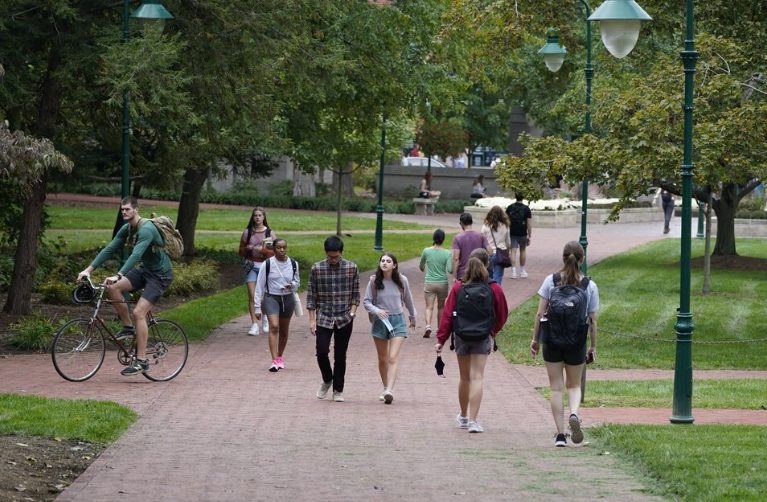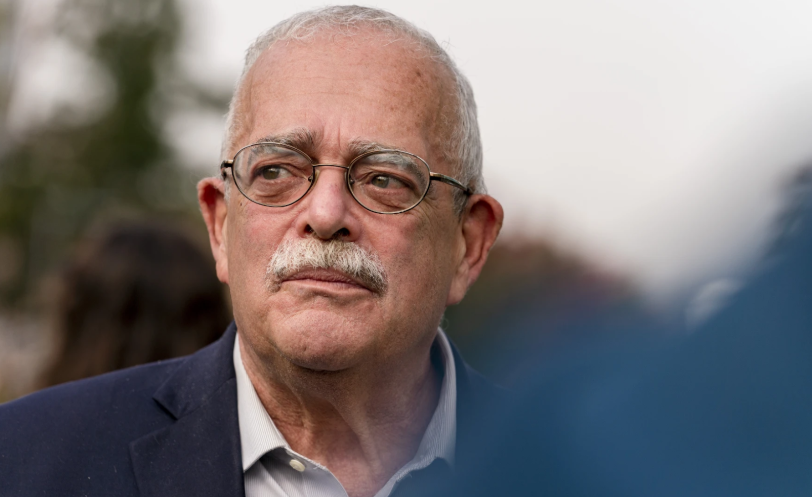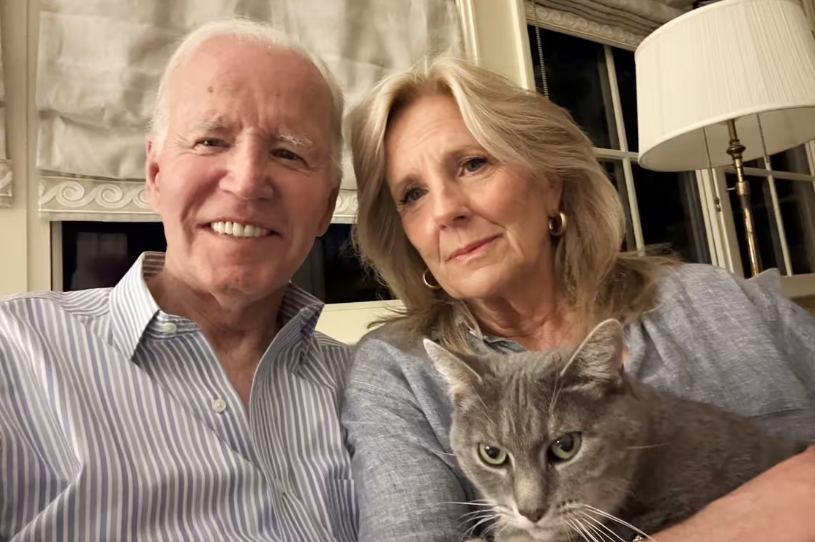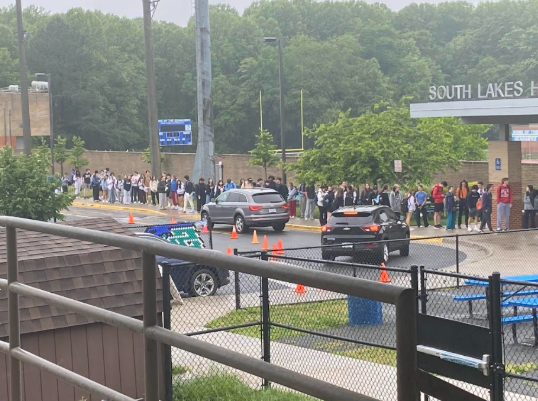After the repeal of affirmative action by the Supreme Court in 2023, along with state bans on legacy admissions, incoming classes at the top educational institutions in the US have been significantly changed. In Virginia, legacy admissions preference was outlawed by a bill passed last year, and legislation continues to be drafted at the local level to increase equality in college admissions.
At the highest levels in education, percentages of Black students have fallen, most significantly at MIT, where it fell from 15 to 5 percent. Other colleges at the Ivy level have seen little change. Hispanic student populations have also fallen, though not to the same degree. Native American admissions fell too, though only by a couple tenths of a percentage point in many institutions. Asian American admissions have risen significantly in many institutions, after previously being reduced due to overrepresentation in applications. Caucasian student populations have remained relatively the same.
Legacy admissions being outlawed also had an impact on higher education, though many colleges have found loopholes in the law. For example, the UVA application contains a question asking if applicants have any relations to UVA alumni or officials, and other institutions have maintained the same application question. While they are not able to use this as a boon toward admission, by including it they still leave it in consideration. Legacy does not have the same blind status that race or ethnicity has. Questions of race are left out of both the general CommonApp profile and individual applications, while legacy has no legal mandate to be left out, only to not be used for “preferential treatment,” according to Virginia law.
The repeal of affirmative action and legacy preference were both done with the intention of improving equality in the admissions process, with only academic factors considered. However, critics fear the repeal of affirmative action will remove necessary diversity on college campuses, with many colleges seeking to make a community that includes a diverse range of perspectives and backgrounds. With the repeal, campuses may become more homogenized as historically oppressed groups continue to struggle to compete against more privileged applicants.
The issue of affirmative action continues to be contentious, as those on the right side of the political spectrum argue it prevents total merit-based admissions, and those on the left praise it as an uplifting force for underrepresented groups in higher education.
The banning of legacy admissions is a more settled issue, with wider agreement that it perpetuates educational disparities, especially between economic and racial groups. However, the repeal of legacy admissions has disincentivized donations and continued alumni support, which may significantly impact both college endowments and long-term communal relations with alumni.
As South Lakes seniors head into the college admissions process, it’s important to stay updated on the state of higher education, especially when looking for diverse campus environments and communities. The repeal of affirmative action will continue to change the populations of colleges, and it’s important to recognize how reduced diversity can impact learning experiences, or how fully meritocratic processes can create a completely different community.





















